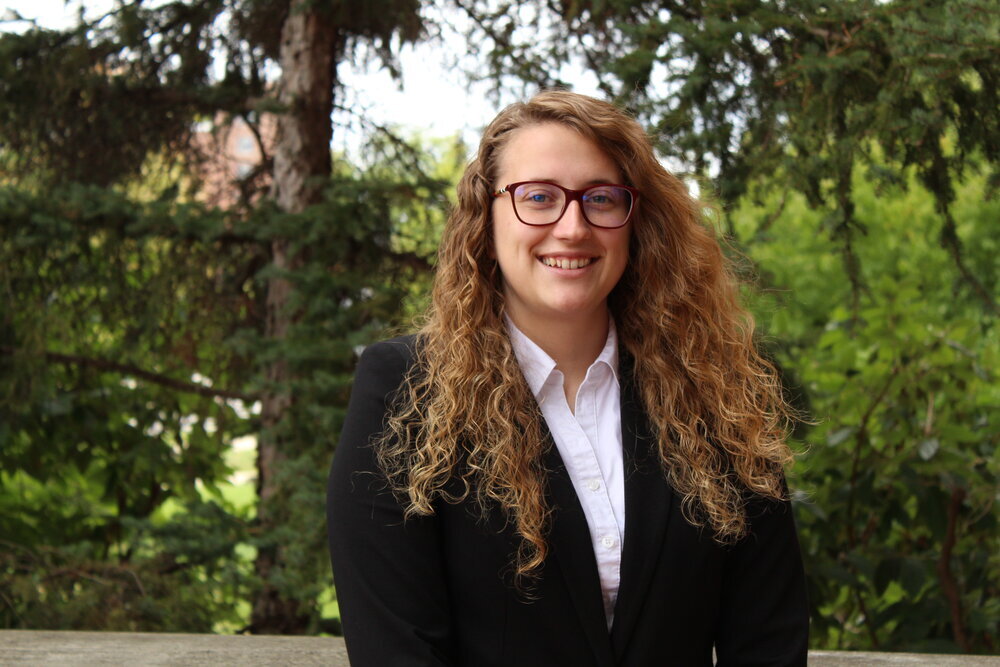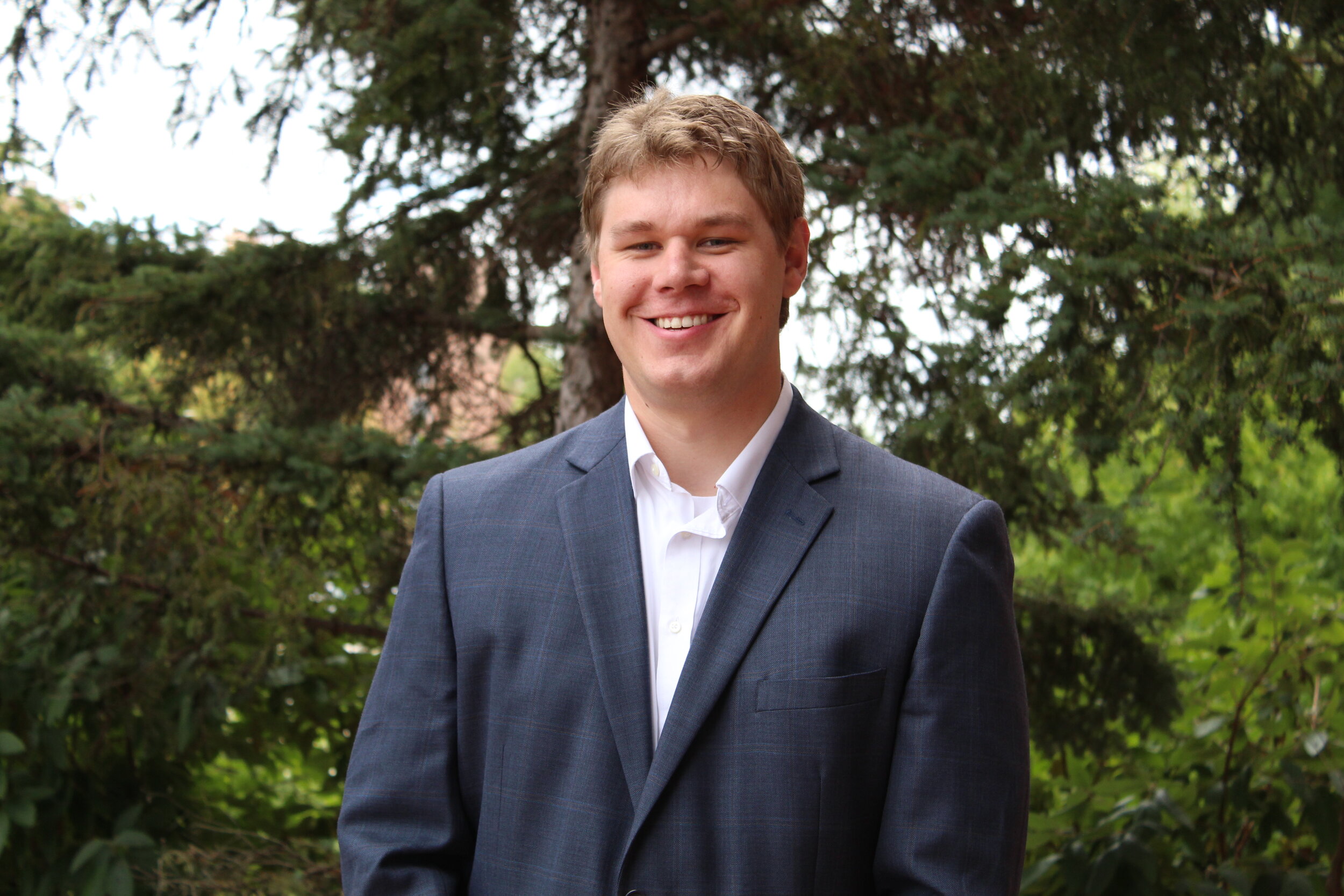The Michigan State Law Review Legal Forum

The business world changes rapidly, and if lawyers want to stay above water, they must change rapidly too. Unfortunately, some lawyers are trying to make their horses faster, when they really need to be building cars. Jay Lonick described the advent of business courts in Michigan and the importance of lawyers fully engaging in a changing legal market. Specifically, he described the purpose of the business courts and their impact in a market that now asks for data-supported legal conclusions. In this post, I intend to expand on those ideas by advocating for improvements to a new, though quite powerful, analytical tool: Lex Machina.
Doubts and speculation about the viability of investing in a legal education have led to significant improvements in efficiency and profitability. One shift has been the pressure for lawyers to specialize in fields of practice to encourage expertise and more predictable client outcomes. Lawyers should recognize this trend by supporting the specialization of the places where lawyers do business: the courts. My purpose in this post is to use Michigan’s specialized business courts as an example of how soon-to-be attorneys can benefit from innovation aimed at the judiciary. In part two of this post, Clint Westbrook provides an example of private-sector change in the legal marketplace to show how the trend toward using data, lean thinking, and predictive legal practice is already underway.
For most artistic works, cultural institutions only own the physical copy of the work, not the intellectual property rights. Finding these copyright holders can be a formidable task, especially when the search falls short and the copyright owner cannot be located, as in the case of Paul Hadley. Works like Hadley’s are commonly referred to as orphan works. Orphan works are copyrighted works where the copyright owner is impossible to find, contact, or even identify. Current copyright law does not address what should or could be done with orphan works.
Oklahoma’s lethal-injection troubles came to a head on April 29, 2014, when inmate Clayton Lockett was executed by means of a three-part lethal injection cocktail. The three-part lethal injection cocktail was adopted after Oklahoma lost access to traditional lethal injection drugs. The supply was limited due to European distributors placing bans on the drugs in an effort to take a stand against the death penalty.
Ride-sharing application companies, now designated as Transportation Network Companies (TNCs), are organizations that maintain a smartphone application that prearranges trips between consumers and drivers while logged into the TNCs’ apps. TNCs are a platform through which drivers, using their personal vehicles, can accept money to drive consumers. As personal auto insurance generally has a livery exclusion for drivers accepting money, personal auto insurers are likely to reject a claim made while using a TNC. If personal auto policies were required to cover any type of commercial liability, it is likely that the cost of personal auto policies would increase.
Driving is a great and widespread privilege in American society. Most American children eagerly look forward to their sixteenth birthday, upon which they may finally enjoy the freedom of unsupervised operation of a motor vehicle. One subject that many Americans may not often consider a serious topic in relation to cars is the license plate. However, the specialty, or vanity, license plate is sparking controversy across the country.











